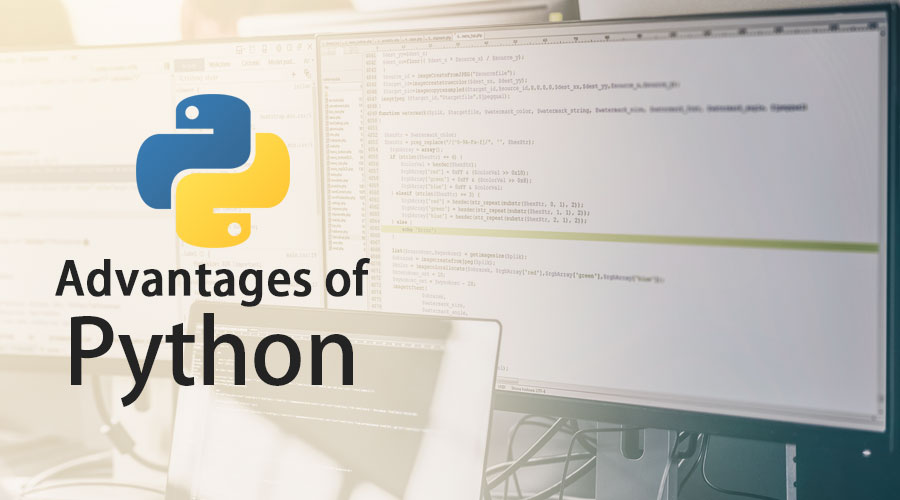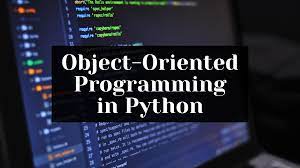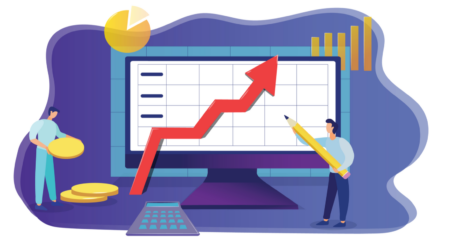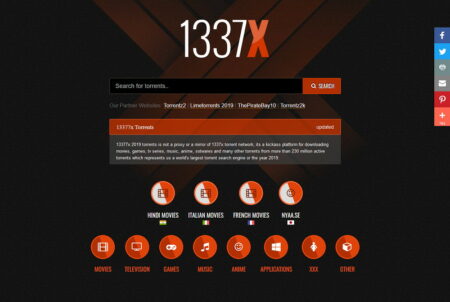Best and popular advantages of Python will be discussed in this article. Python is a high-level, object-oriented, general-purpose, interactive, and interpreted programming terminology. Between 1985 and 1990, Guido van Rossum created it. Python reference code is also available under the GNU General Public License, simply like Perl (GPL).
Top 10 Best Kickass Advantages Of Python In 2022
Top 10 Best Kickass Advantages Of Python are explained here.
1. Easy Syntax
Both non-programmers and programmers may start programming right immediately because to Python’s simple syntax. Also check digital marketing tools
2. Readability
Because of Python’s relatively readable syntax, computer code is simple to comprehend. (Python is frequently called “executable pseudo-code” because it largely adheres to conventions used by programmers to outline their ideas without the formal verbosity of code in most programming languages; in other words, the syntax of Python is almost identical to the simplified “pseudo-code” used by many programmers to prototype and describe their solution to other programmers. Python can therefore be used to test and prototype code before it is eventually implemented in other programming languages. This is another advantages of python.
3. High-level Language
Python appears less like a low-level language and more like a readable human language. This enables you to programme more quickly than you could using a low-level language.
4. Object oriented programming
This is another advantages of python. You can construct data structures that can be reused thanks to object-oriented programming, which lessens the amount of repetitive work you’ll have to do. Objects are typically defined in programming languages using namespaces, such as class or def, and can edit themselves using keywords like this or self. The majority of contemporary programming languages support OOP features or are object-oriented (for example, Java, C++, and C#) (such as Perl version 5 and later). In addition, practically any non-trivial software may be designed using object-oriented techniques, and almost any programming or scripting language can use them. (For instance, several Linux kernel features are “objects” that use pointers, notably pointers to functions in the C programming language, to construct their own encapsulation of behaviour and data structures.)
One of Python’s major advantages for novice programmers is that it supports object-oriented programming, as they will be exposed to the same ideas and jargon at work. If you ever choose to utilise another language—or any other language for that matter—there is a good probability that you will be working with object-oriented programming.
5. It’s Free
Python is both open-source and free. The Python Software Foundation makes pre-built binaries known as CPython publicly usable for usage on all significant operating systems. The source code for CPython is also available. In addition, you are free to distribute and alter the source code in accordance with CPython’s licence.
6. Cross-Platform
All popular operating methods, including Microsoft Windows, Linux, and Mac OS X, support Python. This is another advantages of python. Also check ETL tools
7. Widely Supported
With numerous websites, mailing lists, and USENET “netnews” groups, Python has an active support community that draws a lot of skilled and helpful contributors.
8. It’s Secure
This is another advantages of python. Python is significantly more dependable because it doesn’t use pointers like other C-based languages do. Additionally, faults seldom go unnoticed unless they are specifically hushed. This enables you to see and read the reason the software crashed as well as the issue you need fix.
9. Batteries Includes
Python is renowned for being a language where “batteries are included.”
There are more than 300 standard library modules, each of which contains classes and modules for a different type of coding activity.
10. Extensible
There are sizable collections of freely accessible add-on modules, libraries, frameworks, and toolkits in addition to the standard libraries. For example, practically all database adapters (to talk to almost any client-server RDBMS engine such as MySQL, Postgres, Oracle, etc.) conform to the Python DBAPI and may therefore be accessed using largely the same code. Therefore, changing a Python programme to support any database engine is typically simple. This is another advantages of python. Also check whitesource software alternatives











